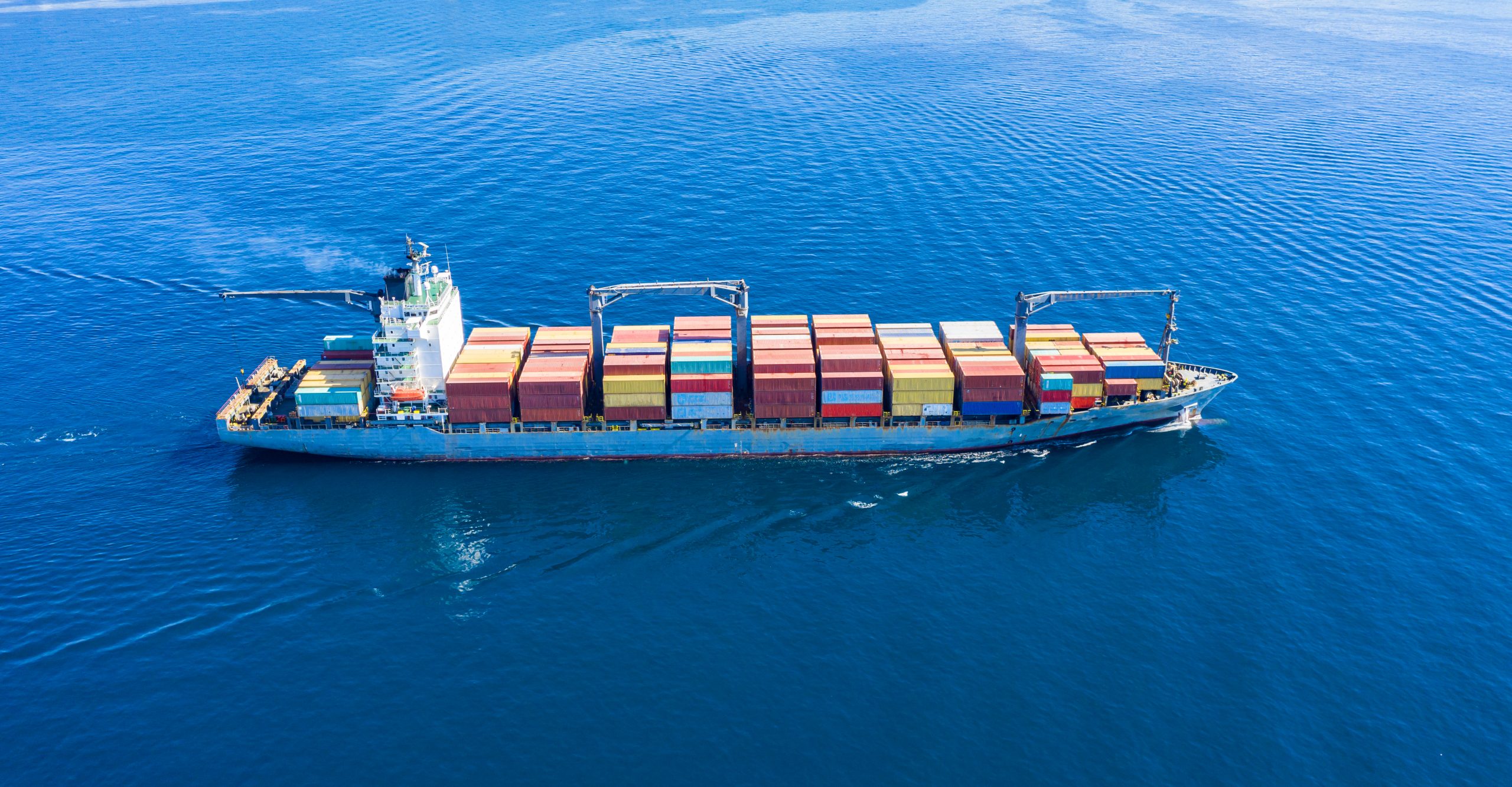
Types of Jobs in Marine Transportation
If you love working with boats and the water, a career in marine transportation may be right for you. However, before you jump into this field, you should know the skills and qualifications required. Below you'll find some essential information on becoming a successful marine transportation professional. Also, learn about the different types of jobs available in the industry. Check out Jobs Available in Marine Transportation to learn more.
Navigators
Whether on a commercial fishing vessel or a cargo ship, navigators are critical to the safety and efficiency of maritime transportation. They work to design a ship's mission plans and make sure all crew members have the same mental model of the journey. Navigators must also have a detailed knowledge of the laws that govern shipping. Today, navigators often use electronic navigation tools to create an accurate track line and other nautical charts.
The job of a navigator is extremely demanding. Not only must a navigator have a thorough knowledge of the sea, but they must also know the best course to take when sailing. Fortunately, there are several specialized training programs that train navigators.
Dispatchers
Dispatchers in the marine transportation industry coordinate the movement of ships into and out of ports. Their responsibilities include writing orders for ships to enter or leave a port, notifying maritime pilots of their assignment, and compiling reports on their activities. They also record the country of registration, displacement tonnage, and owners of ships entering a port.
Centerline Logistics dispatchers are responsible for planning and executing vessel schedules based on customer orders and available resources. They also respond to incidents, coordinate with vendors, and analyze key metrics. Their job also requires them to communicate effectively with customers and other personnel onboard. Dispatchers must adhere to company policies and procedures.
Able Seaman
Able Seaman jobs in marine transportation include all aspects of the maritime industry, from deck duty to emergency equipment use. They may also operate ship machinery and cargo gear. Typically, these jobs require advanced training, including a lifeboatman certification. Able Seaman jobs are very well-paid, and can be the perfect entry point for someone interested in a marine transportation career.
Training for able seaman positions is usually on-the-job, but some employers require formal training programs. These programs typically last several weeks or months. The training may also include shadowing an experienced seaman on the job and learning specific procedures and equipment. In addition, some employers require certification in certain areas.
Ship superintendent
A ship superintendent has an important role in the operation of a merchant vessel. The chief goal is to carry cargo and passengers in a safe manner while earning freight for the owners. The job requires leadership and analytical skills to ensure the smooth operation of a vessel. Most large shipping companies seek candidates with a bachelor's degree or equivalent work experience. In addition, ship superintendents must be licensed by the USCG or DNV, have a good working knowledge of shipping regulations, and possess strong interpersonal and communication skills.
Ship superintendents may be referred to as ship managers, overseers, or supervisors. They are responsible for overseeing the repairs and conditioning of a vessel. Their job also involves ensuring the ship's safety and condition.
Motorboat operators
Motorboat operators are professionals who operate small motor-driven boats. They follow safety procedures and navigate the vessels on desired courses. They also arrange repairs and fuel for vessels. They also perform general labor duties, such as changing oil and lubricating parts. They also direct safety operations during emergencies. Other responsibilities include towing, pushing, and guiding other boats.
Currently, all motorboat operators in marine transportation must meet boating safety regulations. These regulations have different requirements, but they all involve training for motorboat operators. The first step is to obtain a license. If you are operating a motorboat, you must possess a valid vessel operator's license. You must also have the proper equipment before operating a motorboat.